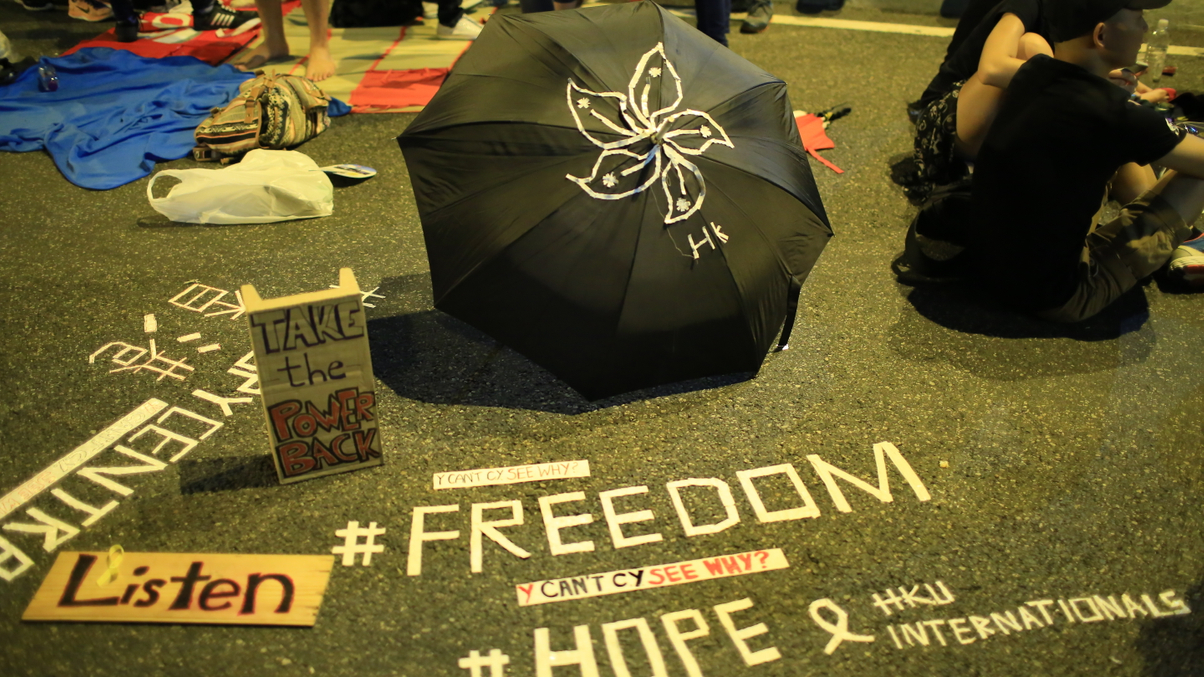HK protests set to stress-test China’s priorities
China wants more foreign investment but this ambition could be crippled if it chooses the Tiananmen path in Hong Kong.

There was a cold rationale behind China’s top leaders authorising its military to violently crush pro-democracy protestors in Tiananmen Square on July 4, 1989: no cost was too high to maintain control.
Sign in to read on!
Registered users get 2 free articles in 30 days.
Subscribers have full unlimited access to AsianInvestor
Not signed up? New users get 2 free articles per month, plus a 7-day unlimited free trial.
¬ Haymarket Media Limited. All rights reserved.


